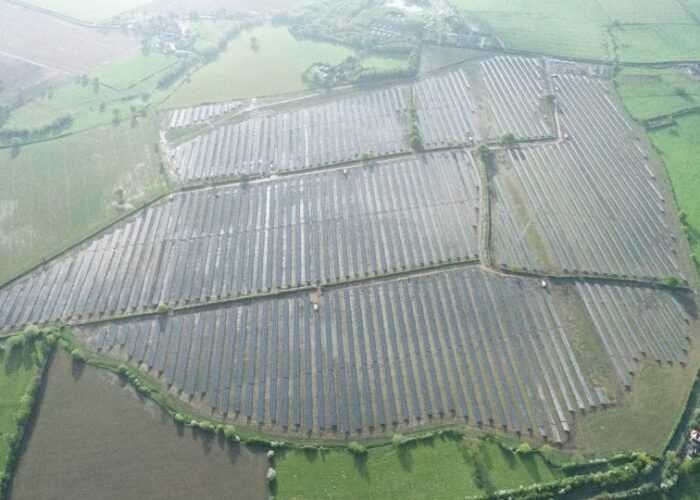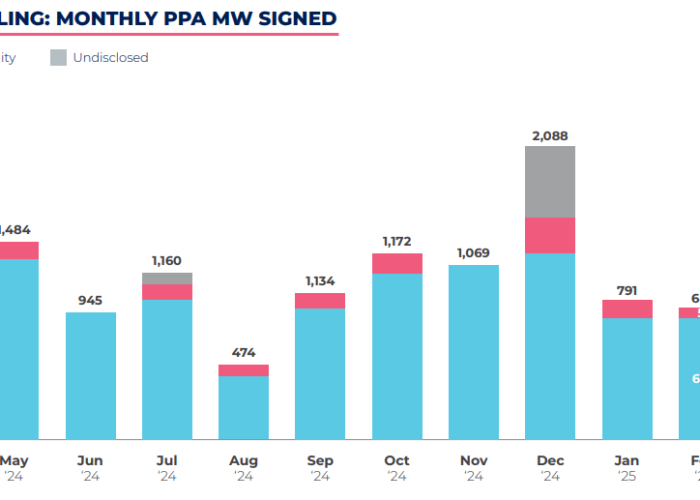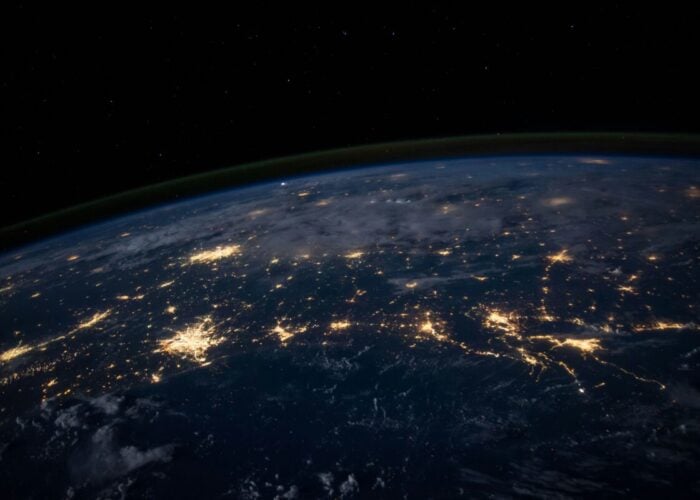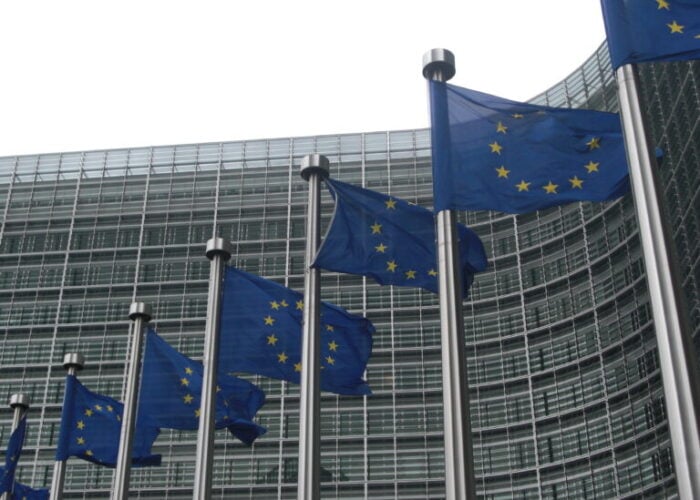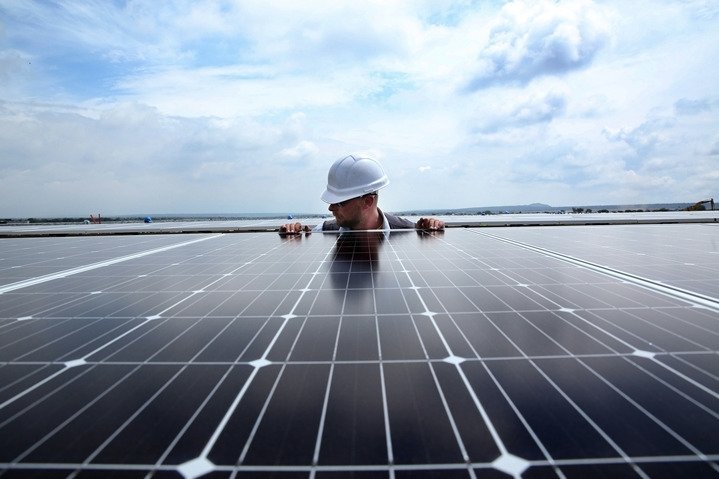
The escalating COVID-19 crisis is gradually putting the brakes on Europe’s solar country of the moment, with the industry scrambling to adapt to a reality of rising work restrictions.
On Tuesday, a webinar by Spanish PV body UNEF opened a window into how the sector is responding to some of the country’s latest anti-pandemic measures, including a new decree (see box below) ordering a temporary stop of non-essential work including power plant construction.
Unlock unlimited access for 12 whole months of distinctive global analysis
Photovoltaics International is now included.
- Regular insight and analysis of the industry’s biggest developments
- In-depth interviews with the industry’s leading figures
- Unlimited digital access to the PV Tech Power journal catalogue
- Unlimited digital access to the Photovoltaics International journal catalogue
- Access to more than 1,000 technical papers
- Discounts on Solar Media’s portfolio of events, in-person and virtual
Or continue reading this article for free
From PV manufacturers to downstream investors and EPC players, sector operators used the online session to explain how they have navigated the disruption brought about by the COVID-19 outbreak, amid the forced closure of workplaces and a mass-scale shift to remote working.
Juan Carlos Jadraque, solar PV director at inverter maker Ingeteam, detailed his employer’s steps as the pandemic spread. The firm had to adjust as one of its key component sources – Italy – became a virus hotspot, followed by the more recent shutdown of its Spanish production as per the decree.
For its part, self-consumption solar developer Powen was forced to freeze installation work. “We kept building last week with security measures but we’ve had to stop now,” CEO José Benjumea told webinar attendees. “We’re still working remotely and providing O&M assistance.”
Meanwhile, Jordi Vega of EPC firm Grupo Gransolar (GRS) mapped out the outbreak’s impacts on the firm’s contracts in Europe, Africa, Latin America and the Middle East. According to the construction director, lockdown rules have forced a full freeze of installation work in Spain and South Africa.
Explainer: Which PV workers are out (and which are in) under Spain’s Real Decreto-ley 10/2020
Last Sunday (29 March 2020), Spanish government president Pedro Sánchez adopted a decree listing the non-essential sectors that must keep workers home between 30 March 2020 and 9 April 2020, both days included.
Spain will grant these confined workers a “recoverable, retributed” allowance that will preserve the pay they were entitled to over the period. Once the 10-day restrictions are phased out, staff can discuss with firms how the lost hours will be recovered over the rest of 2020.
Legal analysis by Spanish solar association UNEF, seen by PV Tech, concludes the impacts will differ across solar segments:
– Solar power generation: The status of energy supply as an essential service means workers running and maintaining power plants are exempted from the stay-at-home decree, according to UNEF. The association advised however to limit these activities to the level strictly necessary to guarantee power supply.
– Solar plant construction: The inclusion of broader construction activities within the decree’s scope means solar building works will have to freeze activities and send staff home for 10 days, UNEF said. Article 4 of the decree may allow for minimal exemptions but it is “reasonable” to assume these won’t apply to ventures such as solar projects, the association added.
– Solar component factories: The decree does foresee exemptions for essential manufacturing segments. However, UNEF said it is “hard” to see how Spanish authorities could agree that exempting PV factories from the 10-day lockdown would prove essential to guaranteeing power supply.
Europe’s star PV market sympathises with COVID-19 restrictions
The COVID-19 outbreak has come to hinder the otherwise dazzling ascent of Spanish solar in recent years.
Zero-subsidy potential is prompting the return of PV firms put off by the retroactive feed-in tariff cuts last decade. The country topped Europe’s solar installation charts last year and now boasts a cumulative 9GW; as of mid-February, operators’ faith in growth prospects appeared cast-iron.
The Southern European state has become one of the worst hit by COVID-19 worldwide, with confirmed virus cases surging from 1,700 on 10 March to 88,000 by 30 March. Day-on-day infection rates have slowed down recently, however, but experts warn this could be a short-term trend.
Speakers at the UNEF webinar appeared to sympathise with business restrictions. “Of course PV is strategic but there are many aspects at play,” said Ingeteam’s Jadraque. “Grid control centres cannot stop but if you’re making components for a plant that may not even be in Spain – let’s be honest, use [contract] clauses, speak to your clients and so forth.”
The consensus at the session was that the pandemic’s impacts on solar supply chains will revolve around time, not prices. “We don’t expect knock-on effects on panel prices,” said GRS’ Vega. “What we hear is that manufacturers have practically returned to their capacity levels they knew before [lockdown measures]”.
Webinar speakers also agreed that solar’s business proposition will weather the COVID-19 storm, with descriptions of the industry as “completely investible”. “It’s hard to predict the future … but I believe the slowdown will be temporary as the advantages of self-consumption are now clearer than ever,” said Powen’s Benjumea. “[Companies] now have to become self-sufficient and sustainable.”
Over the next few days, PV Tech will publish individual accounts of the webinar interventions of Ingeteam, Powen and Grupo Gransolar. See here to listen to UNEF's webcast in full.
The prospects and challenges of solar's new era in Europe will take centre stage at Large Scale Solar Europe 2020 (Lisbon, on 30 June-1 July 2020).
This publication has also set up a tracker to map out how the COVID-19 pandemic is disrupting solar supply chains worldwide. You can read the latest updates here.
If you have a COVID-19 statement to share or a story on how the pandemic is disrupting a solar business anywhere in the world, do get in touch at jrojo@solarmedia.co.uk or lstoker@solarmedia.co.uk.


